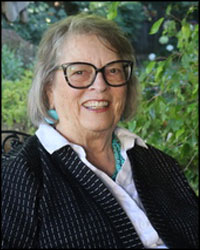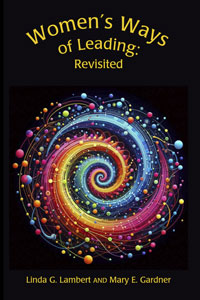Fiction
« Older Entries Newer Entries »Why Taos?
Monday, May 4th, 2015
Many know that Taos is a magical, historical, and stunning place. But why set the third novel in The Justine Trilogy there? After all, The Cairo Codex is set in Egypt; The Italian Letters in Italy.
Quite simply, D. H. Lawrence is buried in a little white chapel perched on the side of Lobo Mountain just outside of Taos. While he died of tuberculosis in the south of France in 1930, his wife Frieda’s lover brought his ashes back to Taos in 1936. Now, nearly 80 years later, the Ranch—owned by the University of New Mexico and closed for many years, has reopened.
When anthropologist Justine Jenner discovered letters from Lawrence in her great grandmother’s attic in Italy, she was compelled to follow him, to find out who he really was—and to find what he discovered about himself on the side of Lobo Mountain. In exploring the life of her great grandmother’s lover, Justine discovers herself as well.
One week from today, A Rapture of Ravens: Awakening in Taos will be released.
Posted in A Rapture of Ravens, D.H. Lawrence, Fiction, Frieda Lawrence, history, Taos, The Justine Trilogy | No Comments » | Leave a Comment



 Mary Gardner, a retired educator, has dedicated much of her life to learning and leading. She was a teacher, administrator, researcher, and continues to be a writer, mentor and consultant. She and Linda are known for their original work in reframing leadership. Their latest book is Women’s Ways of Leading: Revisited.
Mary Gardner, a retired educator, has dedicated much of her life to learning and leading. She was a teacher, administrator, researcher, and continues to be a writer, mentor and consultant. She and Linda are known for their original work in reframing leadership. Their latest book is Women’s Ways of Leading: Revisited.